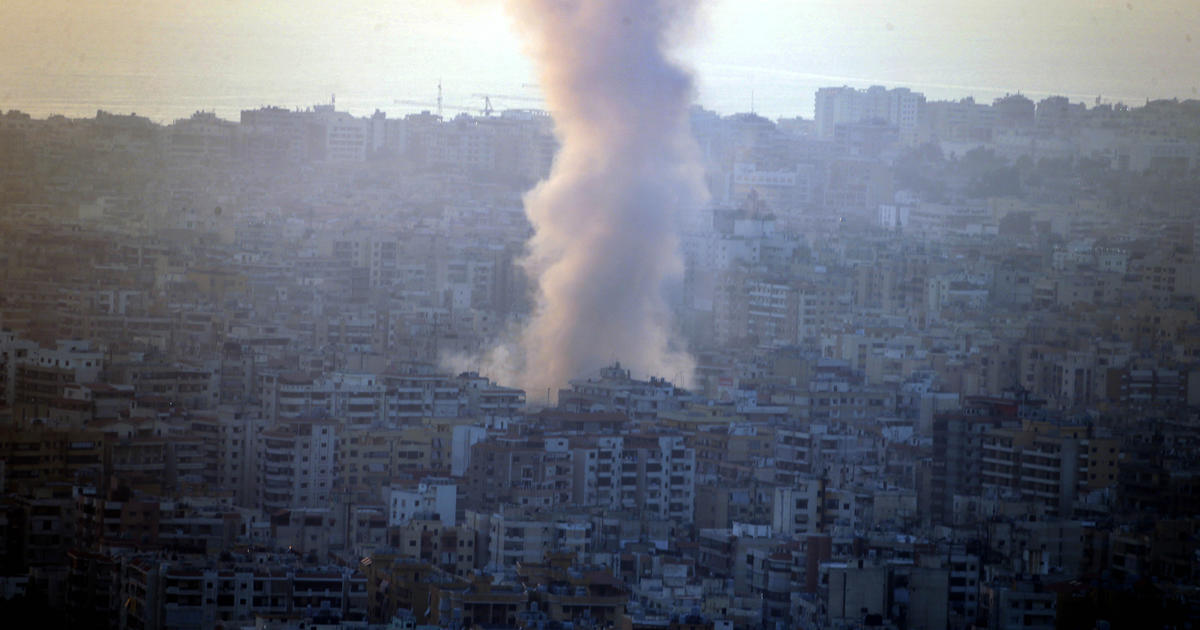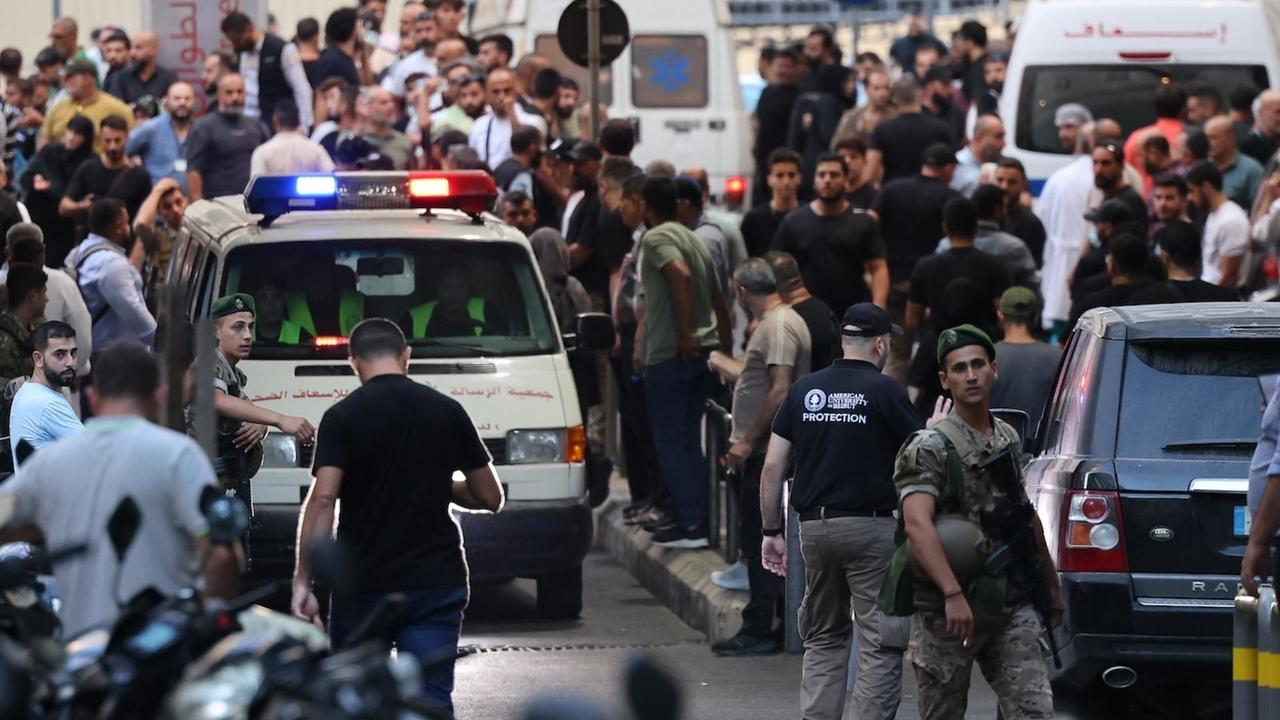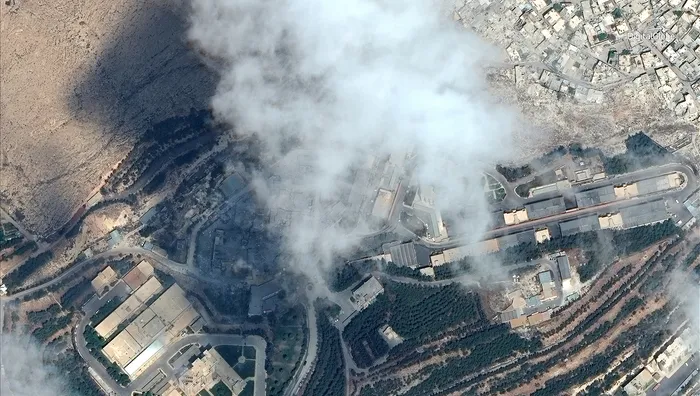A series of highly targeted electronic device explosions has plunged Lebanon into chaos. The strikes began with a wave of pager-bomb attacks on Tuesday, followed by a second set of walkie-talkie bombs on Wednesday. These attacks specifically targeted Hezbollah members, a terrorist organization that controls much of the country, including portions of the capital, Beirut. As crowds gathered to mourn the dead from the first wave, another set of explosions shattered the scene, sparking widespread fear that no electronic device was safe. Both Hezbollah members and civilians across Lebanon have begun avoiding phones and laptops as rumors spread on social media, intensifying the panic. An atmosphere of uncertainty has gripped the nation, with many questioning their safety and fearing that these strikes are preceding a larger ground attack from Israel.
 Credit: Foreign Rivals - Map of Israel and Lebanon Showing Their Capital Cities
Credit: Foreign Rivals - Map of Israel and Lebanon Showing Their Capital Cities
Medical teams have been overwhelmed by the scale of the injuries caused by the explosions, which have killed at least 37 people and injured thousands more. Many have suffered devastating injuries, with doctors reporting that over 60% of those treated have lost at least one eye, and many have also lost fingers or entire hands. The coordinated nature of the attacks has heightened fears that Hezbollah’s communications network has been infiltrated, as pagers and walkie-talkies, devices distributed to avoid smartphone tracking, were rigged to explode. The attacks are being seen as one of the worst security breaches in Hezbollah’s history. Israel, which Hezbollah has blamed for the attacks, has remained silent on the accusations.
 Credit: The War Zone - Exploded Walkie Talkie
Credit: The War Zone - Exploded Walkie Talkie
Hezbollah has vowed retaliation, claiming the attacks are part of an ongoing struggle against Israel. The violence between the two rivals has already displaced tens of thousands of people on both sides of the border, and fears are mounting that the conflict could escalate into a full-scale war. While Hezbollah has indicated in the past that it does not seek another major conflict due to Lebanon’s ongoing economic crisis, the group’s leadership faces increasing pressure to respond to what it sees as a humiliating blow. As the region braces for further conflict, the Israeli defense minister has hinted at a shift in military focus, moving troops from Gaza to the northern border in anticipation of heightened hostilities with Hezbollah.
 Credit: CBS News - Explosion Over Beirut
Credit: CBS News - Explosion Over Beirut

